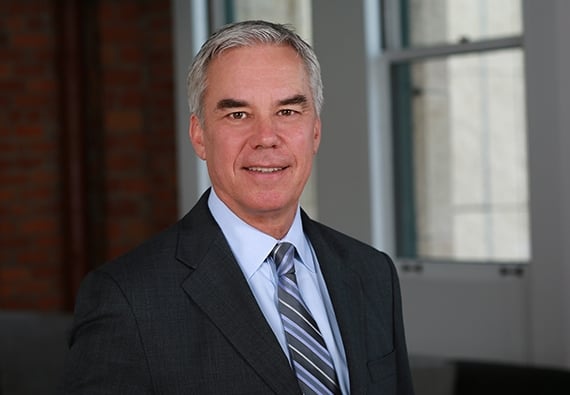California Supreme Court Narrows Enforceability Of Non-Solicitation And Effect Of Release Clauses
On August 7, 2008, the California Supreme Court issued a decision with two important effects on employee contracts. First, the Court rejected a theory that non-solicitation clauses might be acceptable under California law if narrow enough to allow continuation of the employee's profession. Second, the Court held that a provision in which the employee releases "any and all" claims against the employer will not release statutory rights to expense reimbursements.
In Edwards v. Arthur Andersen, LLP, Case No. S147190, as a condition of employment as a tax manager, Raymond Edwards signed an agreement not to solicit certain clients and employees of his employer, Arthur Andersen LLP ("Andersen"), for a period of 12 to 18 months after leaving employment. When Andersen wound-down its business following its Enron-related indictment, the majority of partners in Edward's group moved to HSBC USA, Inc. As a condition of waiving Edwards' non-solicitation agreement, and thereby allowing Edwards to work for HSBC, Andersen required that Edwards sign a general release of claims against Andersen including "any and all" claims arising from employment with Andersen. Edwards refused to sign the release based upon his belief that (1) the non-solicitation clause was void under California law, and (2) the release purported to preclude him from seeking reimbursement for any expenses that might arise if he were sued for actions taken while working for Andersen.
When HSBC refused to hire Edwards because he had not obtained waiver of his non-solicitation clause, Edwards sued Andersen and HSBC for tortious interference with prospective economic advantage and anticompetitive business practices. The trial court dismissed Edwards' claim on the grounds that prohibition against soliciting Andersen clients did not preclude Edwards from pursuing his profession. This holding had relied upon several opinions from the United States Ninth Circuit Court of Appeals that California law allowed competition restrictions that were so narrow that they allowed the employee to continue engaging in his profession.
The California Supreme Court rejected this theory, explaining that California Business and Profession Code §16600 et seq. prohibit non-competition agreements that "restrain" an employee in the exercise of his profession except in the case of the sale or dissolution of corporations, partnerships, and limited liability corporations. The Court observed that these statutes contained no exception for narrowness. Because Andersen's agreement prevented Edwards from performing work for clients he had worked for in his region, it restricted his ability to practice his profession, and was therefore invalid under the California statutes. The Court, however, expressly reserved judgment on other California Court of Appeals opinions that competition restrictions may be justified to protect the employer's trade secrets.
On the other hand, the California Supreme Court held that the release of "any and all" claims against Andersen that HSBC had required its new employees to sign was permissible. The Court explained that the release could not release any right to claim indemnification from expenses incurred as a result his work for Andersen, since that statutory right was not waivable. The Court inferred that the release was not intended to affect non-waivable rights and was thus legal.
As a result of this decision, employers should be careful about requiring non-solicitation or non-competition agreements as a condition of employment or any benefit of employment. Any such agreements should be discussed with counsel. Employers should also assure that any release agreements proffered at the end of employment include an acknowledgment that the employee has already received all non-waivable benefits as of the date of signature, including wages or expenses.


